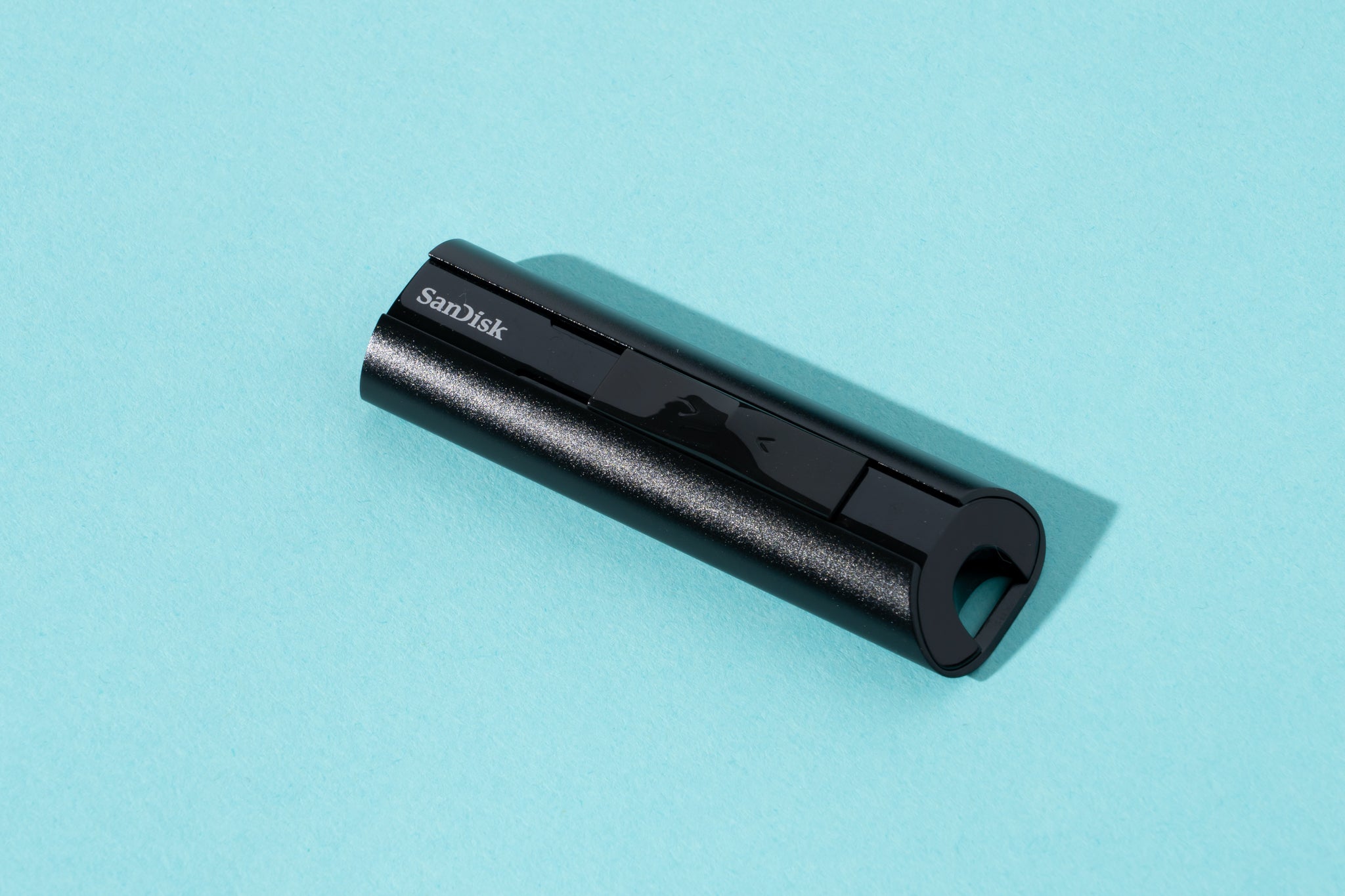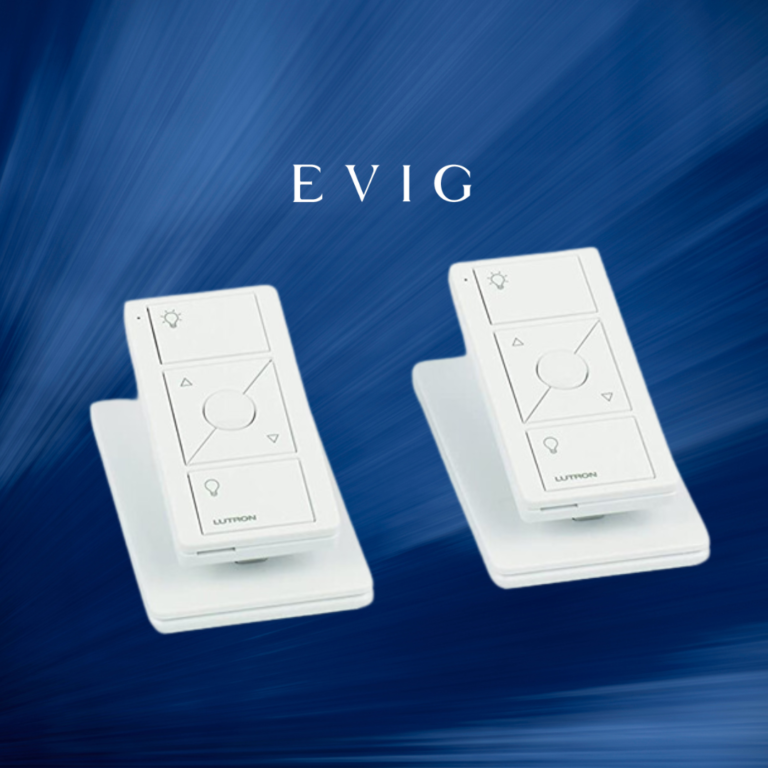Pendrive Vs. External Hard Drive: Which Is Best For You In 2024
In the digital era, every individual has enormous amounts of data that demand an efficient and reliable storage device. Two such storage devices that are extremely popular are a Pendrive and an external hard drive. However, the debate about the capabilities of both devices continues to be in the limelight. Both serve the same purpose but vary in features. Pendrive is usually available in small to large storage capacities in compact sizes, making it ideal to fit in a pocket. On the other hand, the external hard drive is bigger in size and offers substantially larger storage capacities.
Whether you are a professional wedding photographer or a student working on a thesis, this blog presents you with the pros and cons of selecting each device to make a wise investment following your requirements and needs. So, be ready to compete with the fast-paced digital world with an effective storage device.
Pendrives vs. External Hard Drives: Understanding Their Meaning
Also known as a flash drive, a pendrive is a data storage device with flash memory using a USB interface to store and transfer data. These are rewritable, removable and weigh less than 40 grams. Available in compact sizes, ranging from 1 GB to 1 TB, these are ideal for use anywhere and anytime on the move.
Contradicting, an external hard drive is primarily used to store large amounts of data. It comes in high storage capacities, such as hundreds of gigabytes and several terabytes, making it convenient to store multiple multimedia files. These storage devices also serve as expandable storage for a computer or a laptop, delivering incredible performance and reliability.
Understanding the Benefits and Drawbacks of Pendrive
Pros
While being compact in size, pendrives have transformed the way data is stored and transferred. Let’s look at the benefits it offers.
- Easy to Use: A pendrive is easy to use and can be connected to any computer or laptop. It does not need an active internet connection to store or transfer the data.
- Portable: It is compact and lightweight, allowing you to carry it in a pocket, wallet, or purse for on-the-go usability.
- Fast Performance: It has the efficiency to transfer 1 GB of data in 15 seconds or less, thus saving time for the user.
- Universal Compatibility: A pendrive can be easily connected to any electronic device that has a USB connector, be it a laptop or smart TV. Suppose, if a USB connector is not available, it can also be connected to external USB adapters.
Cons
Despite the potential advantages delivered by a pendrive, it comes with a few disadvantages. It includes:
- Easy to Lose: As it is compact, it is prone to get stolen, lost, or damaged, thus making it imperative to have a backup of the data on a secondary device.
- Single Connectivity: A pendrive can only be operated by a single person at a time. It cannot be used in large organisations for interconnected storage as it does not operate through an internet connection.
- Vulnerable to Malware: Pendrives transfer data from one device to another, making themselves a carrier for malware. If used in an infected computer, it is likely to transfer the virus to another device.
Understanding the Benefits and Drawbacks of External Hard Drive
Pros
More and more people are using external hard drives to store their large amounts of files. But do you know why? Let’s learn about the potential benefits it delivers.
- Large Storage Capacity: These storage devices offer an enormous amount of storage capacities, ranging from 250 GB to 10 TB. It allows users to store large multimedia content, high-resolution images and videos, and much more.
- Portable: An external hard drive can easily be unplugged from the electronic device, allowing users to access data anytime and anywhere. Further, it is lightweight and allows easy portability.
- Cost-effective: Since these devices are manufactured in bulk, they are relatively cheaper per gigabyte as compared to other storage devices.
Cons
While being affordable, external hard drives have a few drawbacks that can impact their performance. They are:
- Fragile: An external hard drive is known for its fragile nature. It is likely to break or damage with an accidental fall, leading to loss of data.
- Overheating: With extensive use, external hard drives are prone to overheat, possessing great risk to data, computer, or laptop.
Summing Up
Determining whether to purchase a pendrive or an external hard drive in 2024 significantly relies on your needs. Pendrives are perfect for portability and usability, offering easy access to files on the move. However, external hard drives deliver large storage capacities. So, if you want quick data transfer, a Pendrive is an ideal choice. For extensive storage, opt for an external hard drive.
Keep an eye for more news & updates on Glamouruer!






